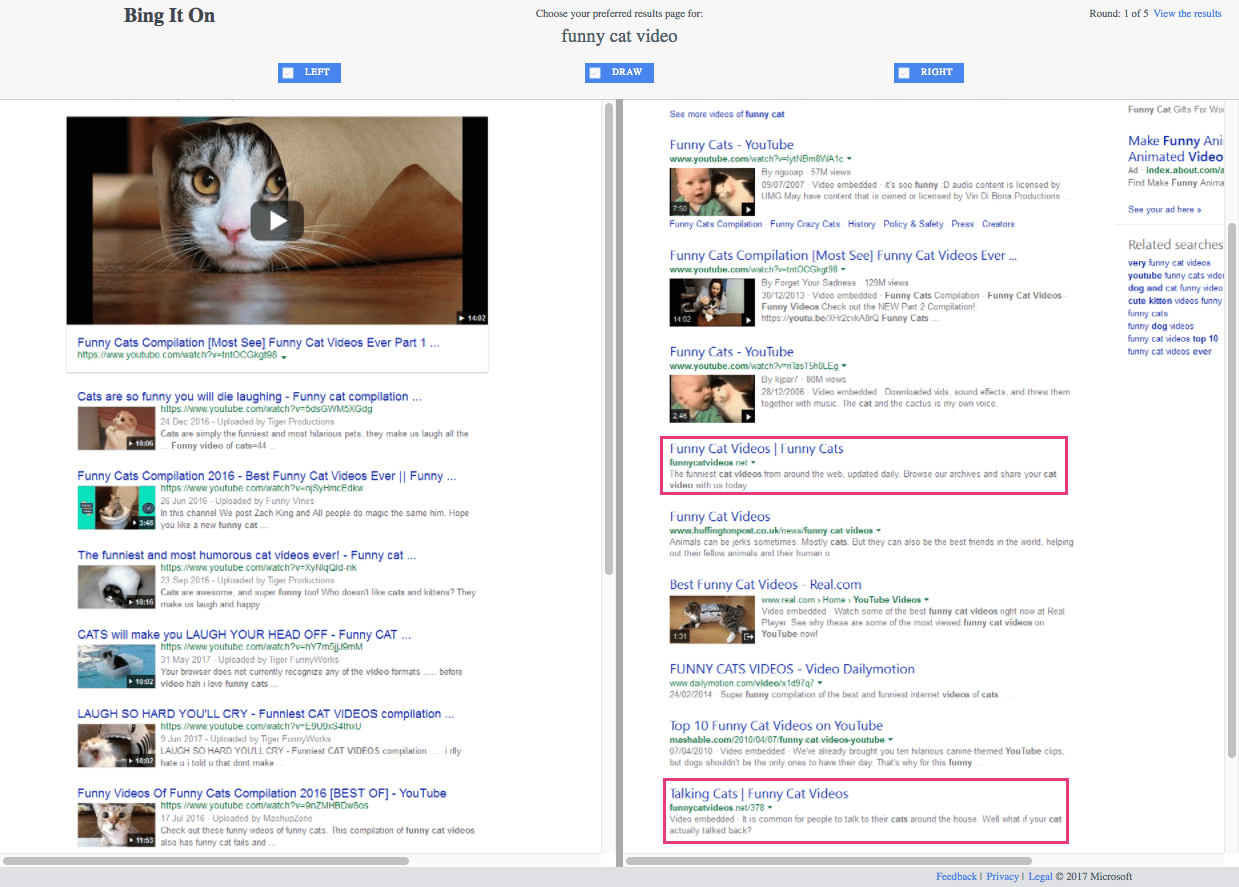An American man was reported by The Register as breaking into a house in Lowa, holding him at gunpoint, forcing him to log into his computer and… asking him to transfer a domain name. With Go Daddy currently offering domain registration for as little as 1p for the first year, it can come as a surprise to some that a domain name was allegedly at the root of a recent kidnapping and shooting. It can only be speculated as to what was so important about this particular domain name that it could result in the ultimate shooting of two men, but these lengths can lead us to question, what is the true value of a domain name?
Ever since the internet started being used for commercial purposes, companies have been fighting to own the perfect domain name. These days most will go for their brand name, or something that sums up their unique selling point. What started as a way to make remembering the addresses of internet resources much easier than a string of digits, has become a multi-million dollar industry, a source of arguments and much vanity.
The one word domain name has long been heralded as the Holy Grail of domain names. In 2011 hotels.com was reported as paying $11 million for its domain, and 2010 saw insurance.com cost Quinn Street $35.6 million. With figures like this being bandied about it’s a little easier to see how a domain name could have led to the events which allegedly took place in Lowa.
As with any commodity, a domain name is worth whatever the highest bidder will pay for it. The shorter, more memorable they are, the more sought after and therefore expensive they are. Imagine – you’re a start-up enterprise, you’ve spent months deliberating over your unique proposition, target market and brand name and the time has come to summarise it all in your brand new website. Problem is, someone else has got there before you. Yourbrandname.com is already taken. So is yourmainservice.com and yourindustry-online.com . In fact, every permutation of your brand and service already belongs to someone else. So what do you do? Start branching out, risk the double hyphenated domain name that never looks authentic? Or would you be willing to pay for the right to use your ideal domain name?
When spending millions of dollars to secure a domain name isn’t an option, web developers might be tempted to go for a “country coded TLD”, for instance .co.uk or .fr. What some people don’t realise is that these aren’t just meaningless suffixes for a domain address, but are reserved for website within the country they denote. For instance, .fr was meant for use by French websites, .in for Indian sites. Many have noticed the use of these additional letters can lead to a quirky alternative to the standard, or already registered .com for their brand or service. However, unless you are using a TLD that Google officially recognises as being open for use in any country, such as .me or .ly you run the risk of providing the search engines with misleading geographic signals. It can also be off-putting for users who might not be comfortable with purchasing from a site they consider to be off-shore. With search engines focused on providing users with the most relevant results for their search, the location signals of a website are increasingly important. In this instance, choosing the wrong TLD for your target market could negatively affect your SEO. Your domain could be costing you more than you think.
Every good SEO knows that keywords form the foundation of every search campaign. It used to be that they were important for not just your written content, meta and alt-text, but for the domain name itself. Exact Match Domains “EMDs” were all the rage years ago because they almost guaranteed top ranking spots for those keywords. It makes sense really, what could be more relevant to a search query than a website that has those exact keywords in its domain? Well as soon as the spammers noticed this trick… almost any other website was more relevant! Google soon realised that low quality websites were ranking highly purely because of the similarity between the their domain name and the keywords entered. As a result, they rolled out the “EMD algorithm update” in 2012. The purpose – to crack down on low quality exact match domains. Overnight, “best-ever-cat-videos.com” would be stripped of its automatic ranking power for “best ever cat videos” keywords and its value, plummet, because actually without its EMD power, that’s a pretty horrible domain name (apologies to anyone who owns it). Well, that is, it’s value in Google searches would plummet, but what about Bing? Although many would assume the search engine would follow Google’s suit and also devalue the EMD, my limited and cat-centred testing would suggest otherwise.
Search for “funny cat video”:

(Hat tip to http://www.bingiton.com for the side by side analysis, give it a go, it’s quite fun to see the differences between Bing and Google search results)
I wouldn’t recommend buying an exact match domain name purely for ranking in Bing, unless you envisage a very high proportion of your search traffic is going to come from there (and you have a crystal ball that can guarantee Bing isn’t going to change its algorithm any time soon… and if you have that crystal ball I’d recommend you investing its powers in something more socially conscious).
Third, in my consideration of the value of domain names, I feel sad but obligated to talk about holding domains ransom. Some unscrupulous web agencies will create a website for a client but maintain all registration and access rights stopping the client from moving the domain out from under the agency’s control unless they pay an extortionate fee. All too often I’ve heard of this practice and it is a sad state of affairs in my industry. My advice, buy the domain yourself and make sure your contract states that you are the owner of the content on it.
So, it seems, whether you paid 1p or £1 million for your domain, ultimately it could end up being worth more than you ever considered, or cost you more than you realised.























